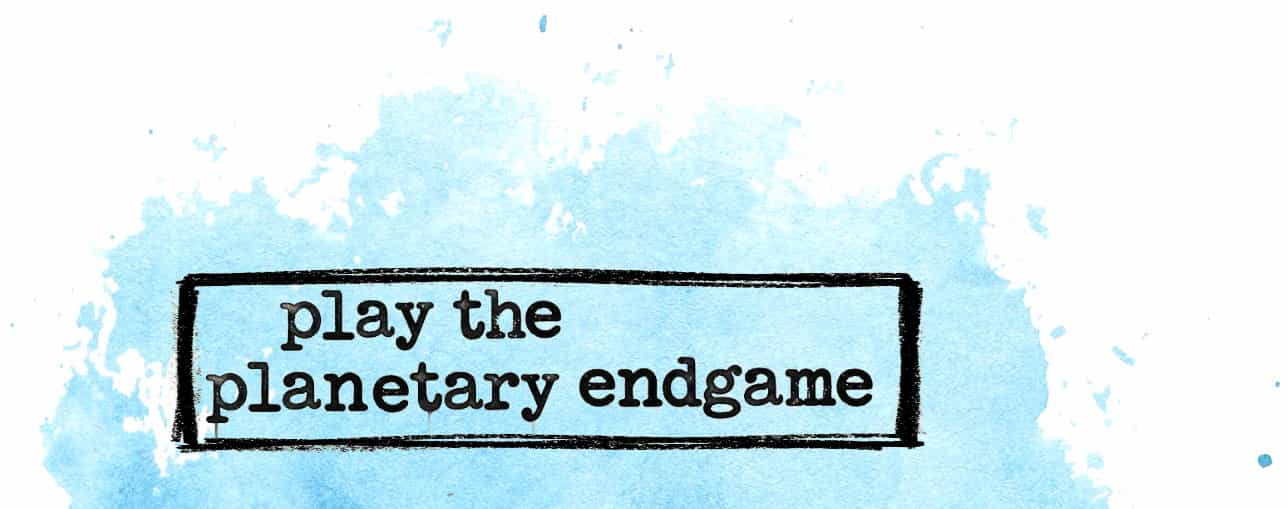Spirit of '68


In May 1968, the situationist-inspired Paris riots set off “a chain reaction of refusal” against consumer capitalism.
First students, then workers, professors, nurses, doctors, bus drivers and a piecemeal league of artists, anarchists, and Enragés took to the streets, erected barricades, fought with police, occupied offices, factories, dockyards, railway depots, theaters and university campuses, sang songs, issued manifestos, sprayed slogans like “Live Without Dead Time” and “Down with the Spectacular-Commodity Culture” all over Paris, shaking the established order to its roots.
The breadth of the dissent was remarkable. Art students demanded the realisation of art. Music students called for “wild and ephemeral music.” Footballers kicked out managers with the slogan “football to the football players”. Gravediggers occupied cemeteries. Doctors , nurses, and the interns at a psychiatric hospital organised in solidarity with the inmates. For a few weeks, millions of people who had worked their whole lives in offices and factories broke from their daily routines and . . . lived.
At the height of the uprising in Paris’ Latin Quarter, fifty thousand people marched in Bonn, and three thousand took to the streets in Rome. Three days later, students revolted at the University of Milan. The next day, students staged a sit-in at the University of Miami. Then skirmishes erupted in Madrid, Berkeley, New York City, Frankfurt, and Santiago. The wave reached London, Vancouver, Dakar, Munich, Vienna, and Buenos Aires, then Tokyo, Osaka, Zurich, Rio, Bangkok, Düsseldorf, Mexico City, Saigon, La Paz, Chicago, Venice, Montreal, and Auckland.
It was “the largest general strike that ever stopped the economy of an advanced industrial country, and the first wildcat general strike in history,” and it spread rapidly, first around Paris and France and then around the world. For a few heady weeks a tantalizing question hung in the air: What if the whole world turned into the Latin Quarter? Could this be the beginning of the first global revolution?
Join the Third Force Collective to access our revolutionary briefings.
This isn't a paywall. You can close it if you just want to read the article below it. But our aim is to win the planetary endgame — we want to catalyze a moment of truth, a stunning reversal of perspective from which corpo-consumerist forces never fully recover. For that we need you.






